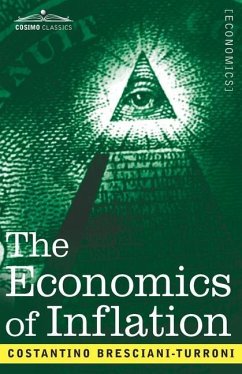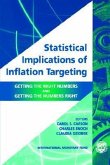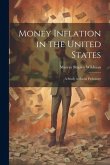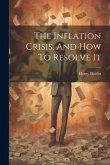"This is the most comprehensive and authoritative account of the great German inflation from 1914 to 1923." -Henry Hazlitt The Economics of Inflation: A Study of Currency Depreciation in Post-War Germany (1931), by Costantino Bresciani-Turroni is a widely-regarded study of the rise of hyperinflation in Germany between the two world wars. It is often considered unsurpassed or the clarity of its description of the effects of monetary expansion. Moreover, the data and statistical analysis it provides take the reader well beyond such fundamental knowledge to provide a critical understanding of the origins of the global disasters-the Great Depression, the rise of Fascism, and the Second World War-that ensued. Readers interested in history and finance will find this a fascinating study.
Hinweis: Dieser Artikel kann nur an eine deutsche Lieferadresse ausgeliefert werden.
Hinweis: Dieser Artikel kann nur an eine deutsche Lieferadresse ausgeliefert werden.








